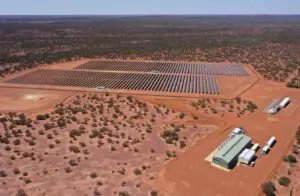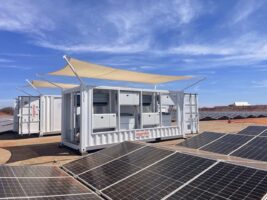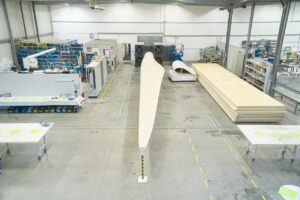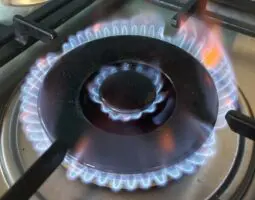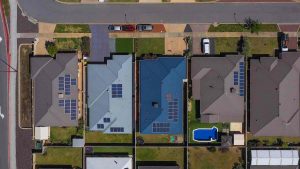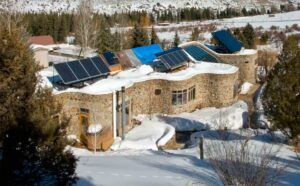Shares in Danish offshore wind giant Ørsted have once again plummeted, this time after New York regulators denied a request seeking better terms for renewable energy projects.
The New York State Public Service Commission (NYSPSC) announced late last week it had denied a petition by a group of offshore wind developers – including Ørsted, Equinor, and BP – to adjust the prices they would receive for power generated from planned offshore wind farms, including Ørsted’s 880MW Sunrise Wind project.
While the decision has been heralded by the NYSPSC as a decision to “preserve the robust competitive bidding process” and to “protect consumers”, the reality is far more nuanced.
The petition was filed by Empire Offshore Wind and Beacon Wind – both being jointly developed by BP and Equinor; Sunrise Wind, which is being developed by Ørsted; as well as the local state renewable energy trade association Alliance for Clean Energy New York.
The petitions were seeking adjustment to the Renewable Energy Credit (REC) and Offshore Wind REC (OREC) purchase and sales agreements entered with the New York State Energy Research and Development Authority (NYSERDA) in an effort to address recent inflationary pressures that are impacting the viability of each project.
A further 86 land-based renewable energy projects were also included in the original petitions.
New York’s rejection of the petition could have severe consequences for the delivery of the state’s long-term renewable energy goals, with those developers involved at risk of scrapping or delaying the projects, as has already been the case with several offshore wind projects in Massachusetts and in Europe.
“Sunrise Wind’s viability and therefore ability to be constructed are extremely challenged without this adjustment,” said David Hardy, CEO of Orsted Americas, in an email to Reuters.
“These projects must be financially sustainable to proceed,” added Molly Morris, president of Equinor Renewables Americas, in a separate email to Reuters, further noting that Equinor and BP will “assess the impact of the state’s decision on these projects.”
The decision was also criticised by the American Clean Power Association (ACP), America’s trade association representing 750 utility-scale solar, wind, energy storage, green hydrogen, and transmission companies.
“With one shortsighted decision, the NYSPSC has thrown New York’s environmental and clean energy future into peril,” said Jason Grumet, CEO of ACP.
“Absent a robust offshore wind industry, it will not be possible for New York State to achieve its climate or environmental justice goals.
“Moreover, critical economic benefits from new manufacturing facilities and the revitalization of ports will be squandered along with the creation of good paying union jobs. New York State has been a national leader in the clean energy transition.
“We urge New York State to maintain its clean energy commitment and reconsider this decision.”
The four offshore wind projects in question would have delivered around 4GW of offshore wind power to New York, as well as thousands of construction jobs and a supply chain that could have grown to rival those seen in Europe and the United Kingdom.
While Equinor and BP were both shielded from dramatic financial consequences by their diversified portfolio, Ørsted – one of the world’s leading offshore wind developers – was not so lucky, seeing its shares tanking as much as 14% on the back of the news.
This is the second time in recent months that Ørsted’s shares have suffered a major hit. In August, shares of Ørsted plummeted 25% after it declared $US2.3 billion in US impairments due to supply delays, high interest rates, and a lack of new tax credits. Since a mid-June high, the company’s shares have dropped 53%.



